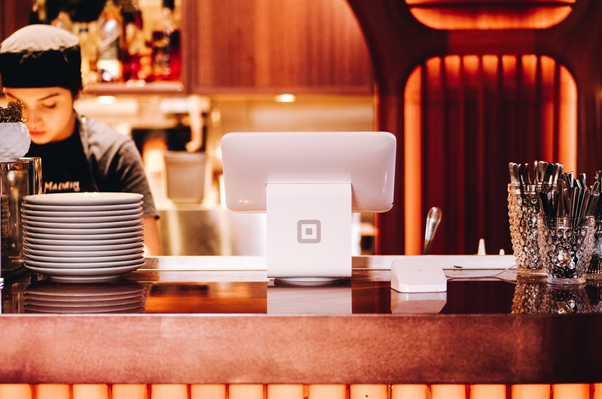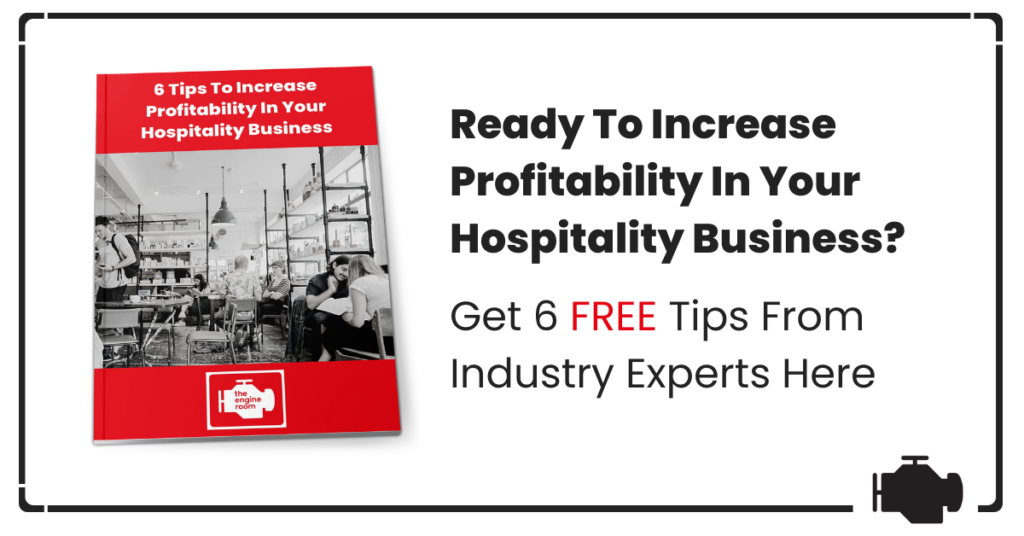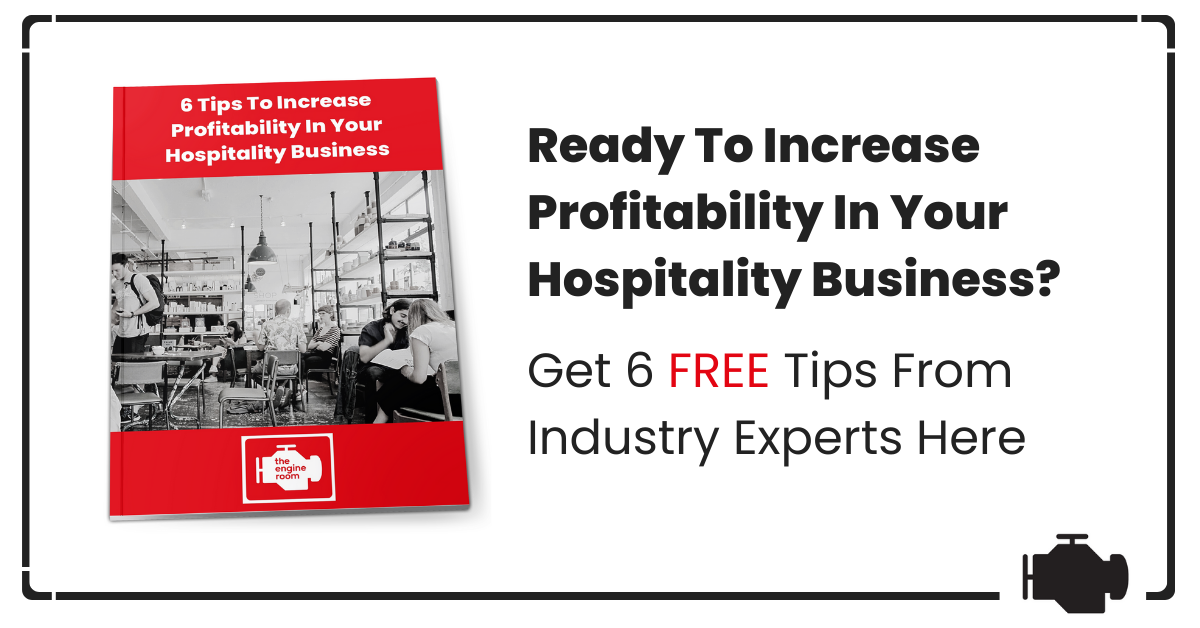Common Reasons Restaurants Are Not Making The Profits They Could Be

No matter what kind of business you are in, as a business owner you always want your vision to become a successful reality. You might be aware of the kinds of challenges you might face in achieving this but, in the hospitality industry, this can be even harder, due to a wide range of factors, both personal and economic.
Here, we take a look at the common reasons why you might struggle to make a profit from your restaurant, and how to increase restaurant profits with the help of commercial expertise.
The Average Profits To Expect
Before you begin seeking ways in which you can improve your profit margins, you may want to ask: What is the average profit margin for a restaurant?
While this can vary from business to business, the average is generally understood to be between 2% and 6% – realistic projections and protecting those percentages becomes key to maximising that bottom line.
A Lack Of Insight
One of the main issues when it comes to profitability is not having an appropriate level of visibility over the most prominent costs in the hospitality industry. These two costs are food & drink and your labour. So, if you are wasting a large amount of food or drink in your restaurant, or you are overstaffed or paying staff who are undertrained, you will be losing money. It is important to have day-by-day awareness of your position as well as track your waste and labour costs to really run a tight ship, but it is also important not to sacrifice customer experience either.
In the event that top-line sales aren’t there, this can be a very uncomfortable balance; awareness of this allows you to move forward in a confident manner and allows you to see your commercial standing more clearly, thus avoiding knee-jerk decisions, which could lead to a vice-like grip on cash for immediate ‘success’ which may prove very detrimental in the long run.
Not Offering A Good Experience
No one likes complaints. Customer experience is the cornerstone of your success and if they have a bad experience they will likely not return and possibly tell others to avoid your restaurant in the future.
The natural negativity bias makes it far more likely that people will report a negative experience than a positive one.
Being defensive of criticism and/or avoiding people’s actual experience of your hospitality business when it’s even partially negative or not as expected, is hugely damaging, and will increase the chances of bad reviews and single-visit customers. If you are experiencing mixed or bad reviews do not spend valuable time allocating blame, instead, track feedback and recognise the pattern in the messages, so you can respond and grow.
A Complicated Menu
A common mistake is a menu that is responding to everyone’s immediate needs but loses its identity as it tries to accommodate too many requests and feedback. Whilst large menus cause waste and require excessive stock and a loss of identity, those that are not listening to their audience can be even more detrimental.
Keep your menu true to your concept but engineered for profit. Change it regularly without reinventing the wheel or diluting through ‘add-ons’ but by rotating tried and tested recipes that grow your food and drink personality. Keep the perception gap closed by remaining relevant but refined. Once the offer is right, be flexible on expected GP while continuing to experiment by looking at a healthy sales mix and recognising offers that might yield less gross profit but reap cash sales.
How To Make My Restaurant More Profitable
With The Engine Room, you can take advantage of our knowledge and experience, with expert-led commercial services including menu engineering consultancy, helping you embrace your vision with access to our unique Recipe Store that cooks profits. Get in touch today to see how we can help you achieve profitability.
Image Source: Unsplash


